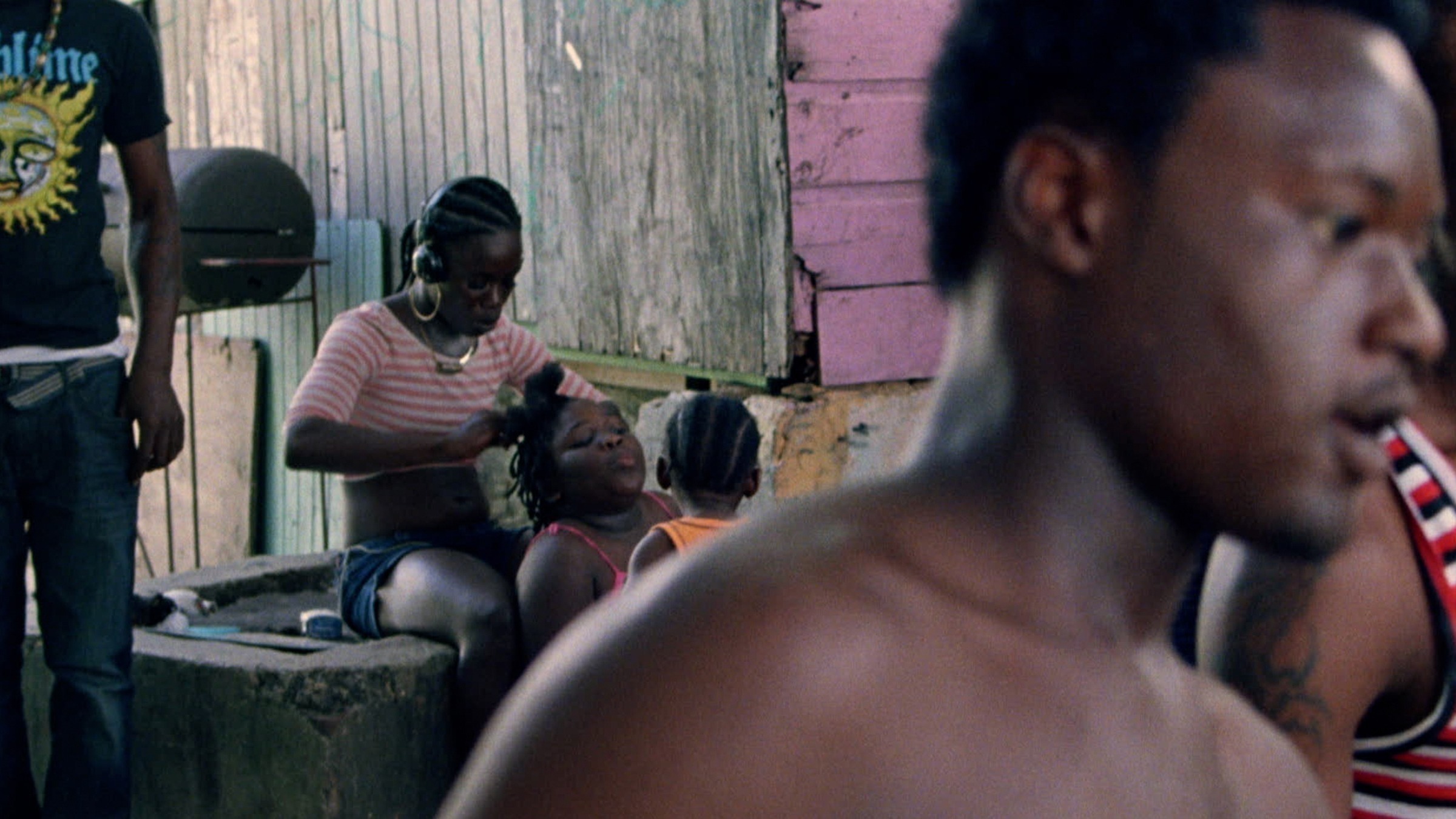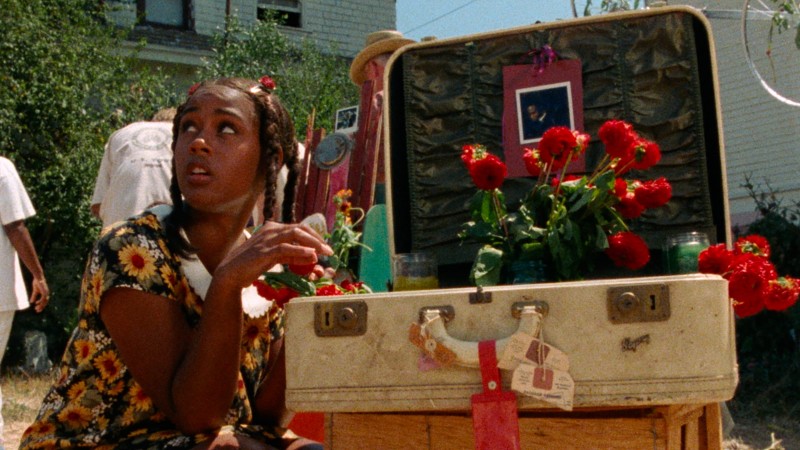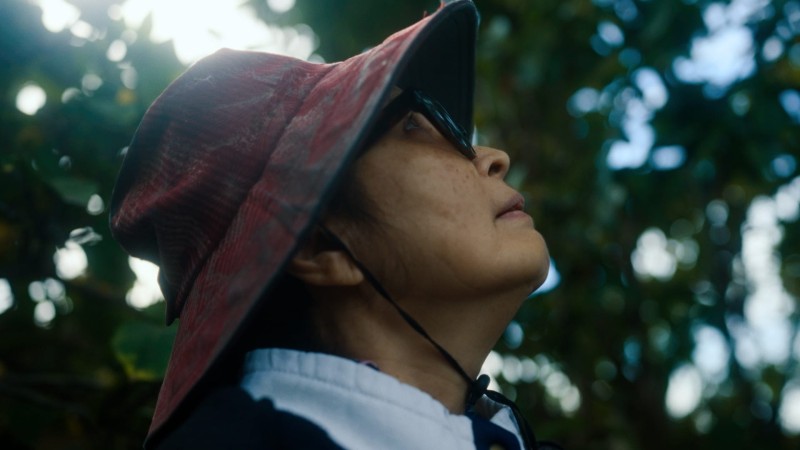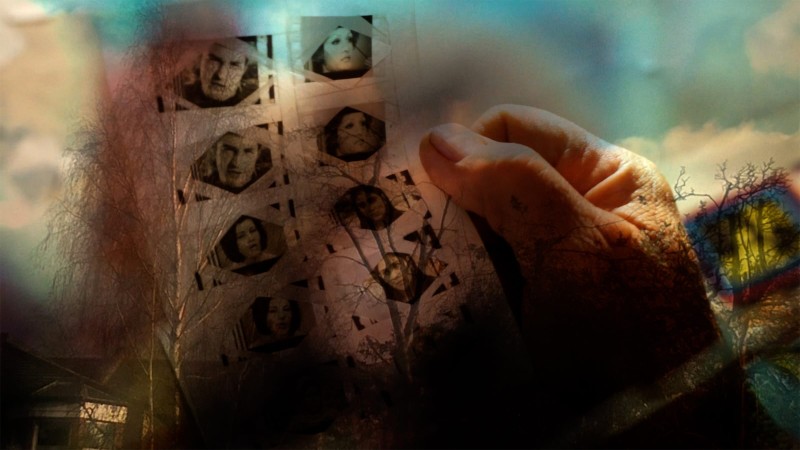Shabier Kirchner’s Love Letter to a Vanishing Antigua

Shabier Kirchner’s Love Letter to a Vanishing Antigua
Cinematographer Shabier Kirchner is having quite the year, with the rapturous reception of his work on Steve McQueen’s Small Axe films, which played at New York Film Festival and will launch on Amazon this Friday. Prior to this breakthrough, he’s steadily built a name for himself thanks to his stylish lensing on a number of acclaimed independent features, including Crystal Moselle’s Skate Kitchen, Annie Silverstein’s Bull, and Matthew Porterfield’s Sollers Point. And two years ago, he branched out into directing with Dadli, an intimate 16 mm portrait of “the Point,” a port area in his native Antigua. On the Criterion Channel this week, we’re thrilled to showcase the film, which offers an immersive document of a vibrant community disappearing into the margins due to mass tourism and economic neglect, told through color-saturated, glowing visuals and a hypnotic voice-over from a young boy named Tiquan, who serves as something of a protagonist. To mark its Channel debut, I talked with Kirchner about the origins of the footage in the film and why he feels it’s so important to tell Caribbean stories on-screen.
Can you tell us about how you came to filmmaking, specifically cinematography?
I have always wanted to break down the way we’ve been taught to tell stories. The Caribbean is so full of untold narratives, and it’s important to share as many as we can with the world. Blurring the lines between disciplines is something that’s always interested me. Growing up we didn’t really know the difference between what a director did and what a cinematographer did; Antigua had no film industry, so we taught ourselves and there were no rules. We just did it all—shot, directed, edited, worked on the sound—mostly all in-camera. With the absence of commercial expectations, it was just freedom, and those early ideas I had still remain foundations in my approach to storytelling.
I feel super lucky and grateful for my journey as a cinematographer. It has taught me so much about my environment, about people and about myself, and about the responsibility of reflecting the world around me. It’s something I hope to continue to do as long as I am able. I also have some deeply personal stuff I need to say, people to explore and celebrate. It’s all rooted in where I’m from, the West Indies. I’ll do it any which way I can, as a director or a cinematographer, or in some other role.
Dadli is such a textured portrait of Antigua and its atmosphere and people. The light there is unbelievably beautiful. How does this film connect to your own feelings about your identity as an Antiguan?
We are very proud people and yet we are so underrepresented on-screen by ourselves. I think Ousmane Sembène said it best: If we continue consuming images solely from abroad, and telling the stories of other people or absorbing others’ perspective of us, we will eventually lose our identity—and I truly believe that. The Caribbean is my home. Our people are the most interesting to me, and I just want to share the truth of who we are through local eyes.
I read that this neighborhood, the Point, was essentially bulldozed shortly after you shot this footage. Did you know going into the project that this was happening and that the film would become such a precious document?
In the pit of my stomach, there’s a fear that one day it [Antiguan culture] is all going to be gone or unrecognizably different or, even worse, forgotten. It’s the way things tend to go. We had a sense that the community was in jeopardy, but we had no idea that it was going to happen so quickly. It was about a year after we shot the footage that the government announced plans to develop the Point and relocate its residents. So, on one hand, we were happy that we had some archive of it, but again, it’s just another reminder of the threats of disappearance that our histories and traditions face.





